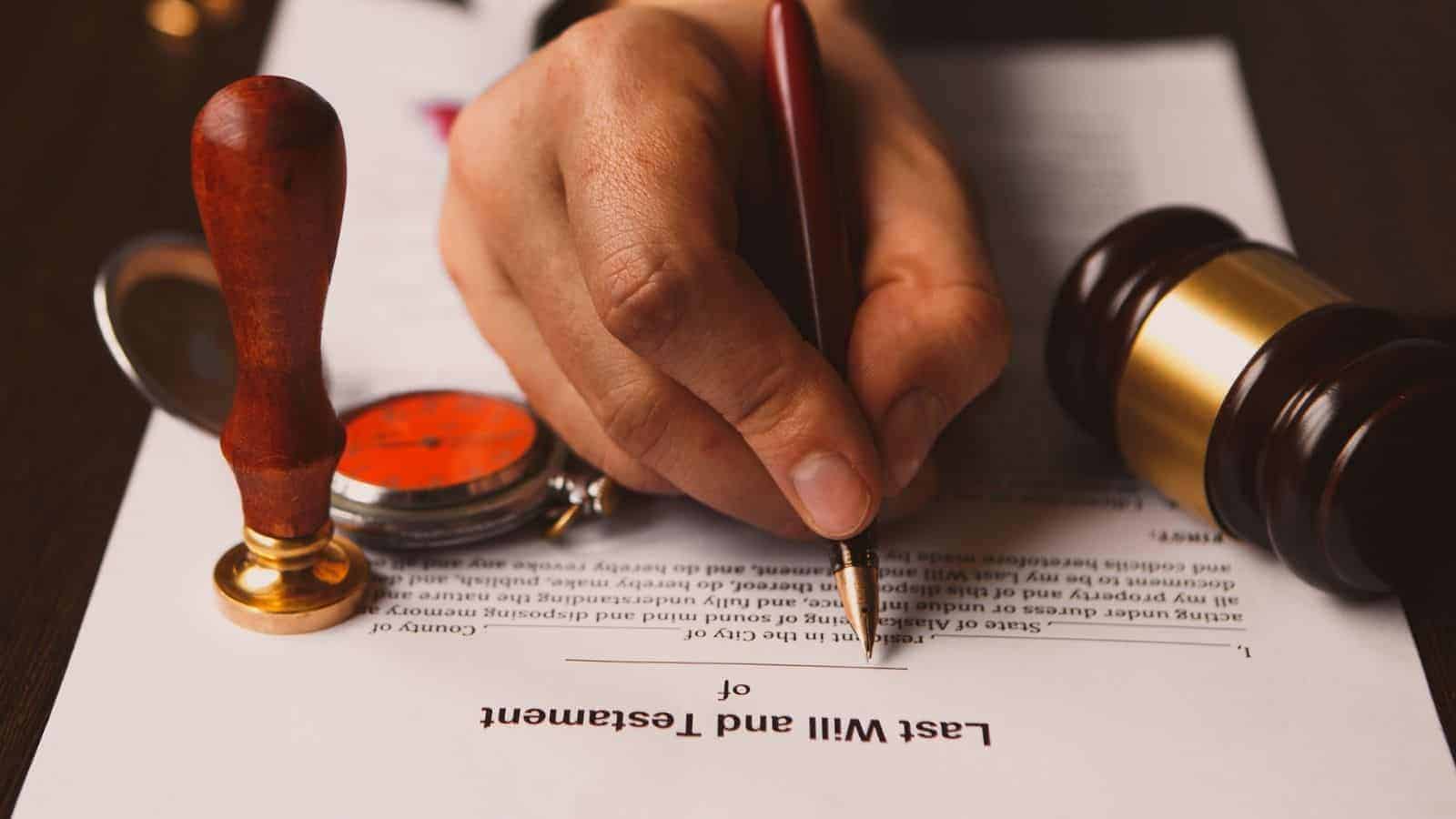You might not want to think about it, but making a will is one of the most important things you can ever do, especially as a way to help your family. A will isn’t just a way to divide your assets; it can also be used to ensure that everything goes smoothly after you’re gone. Here are 16 things you might want to think about including in yours.
Guardians for Minor Children

Let’s be honest, no parent wants to imagine not being there for their kids. But if something were to happen to you, having a guardian named in your will is crucial. Without one, a judge will decide who raises your children, and that person might not be who you would have chosen.
A Detailed List of Assets

A lot of people don’t realize that your family might not know exactly what you own. Bank accounts, investment portfolios, real estate, and even valuable personal items should be listed in your will. You might also want to include account numbers, property details, and anything else that helps clarify your assets.
Specific Bequests

This might surprise you, but the biggest fights after someone passes aren’t always over money. Personal items with sentimental value, like jewelry, antiques, or heirlooms, can cause just as much conflict. If you have certain belongings that you want to go to specific people, write it down.
Your Digital Assets

Most people don’t think about this, but your online presence doesn’t just disappear when you do. Social media accounts, cloud storage, emails, and even cryptocurrency need to be addressed in your will. If no one knows how to access them, your loved ones could be locked out of important financial accounts or lose irreplaceable personal data.
Debts and Liabilities

One thing that can surprise people is that your debts don’t always vanish when you pass away. If your family doesn’t know what you owe, they could be blindsided by unexpected bills.
By listing your debts and specifying how they should be handled, you can help prevent confusion. Some debts may be covered by your estate, while others may be forgiven, depending on the circumstances.
A Personal Letter or Message

You may not have thought of this, but your will doesn’t have to be just a legal document, it can also be personal. A letter to your loved ones can give you one last chance to express your thoughts, share memories, or explain your final wishes. It’s a way to provide comfort and clarity during an emotional time.
Executor of Your Estate

Let’s not forget one of the most important decisions, which is choosing the right person to carry out your wishes. This person will be responsible for paying debts, distributing assets, and dealing with legal paperwork. If you don’t choose someone, the court will appoint an administrator, which could cause unnecessary delays or issues.
Instructions for Pets

It’s easy to overlook, but your pets will still need care after you’re gone. If you don’t make arrangements for them in your will, they could end up in a shelter or with someone unable to care for them.
Some people even set aside money for pet expenses to help cover vet bills and supplies. Your furry friends are part of the family, so make sure they’re protected.
Charitable Donations

You might not think about it, but your will is also an opportunity to leave behind a legacy. If there’s a cause or organization that has meant a lot to you, consider leaving a portion of your estate to charity. This could be a one-time donation or a percentage of your assets.
Business Succession Plans

For those who own a business, making a plan for what happens after you’re gone is crucial. If you don’t specify who should take over, the business could fall apart, be sold off, or become tied up in legal battles. Clearly naming a successor and outlining how ownership should be transferred can prevent a lot of complications.
Funeral and Burial Instructions

It might be hard to think about, but leaving instructions for your funeral can take a huge burden off your loved ones. Without clear guidance, family members may struggle to decide what you would have wanted, leading to stress and even disagreements.
Financial Support for Dependents

If you have dependents who rely on you financially, you need to make sure they’re taken care of. This could include minor children, elderly parents, or a spouse who doesn’t work. Without proper planning, your assets could be tied up in probate for months, leaving your loved ones struggling in the meantime.
Taxes and Estate Planning

Did you know that taxes can take a big chunk out of your estate if you don’t plan ahead? If you don’t make a plan, your loved ones may end up paying more in taxes than necessary. It’s worth taking the time to ensure your estate is handled as efficiently as possible.
Contingency Plans for Unexpected Changes

Things don’t always go according to plan, which is why having backup options in your will is so important. Life changes and people pass away, relationships evolve, and financial situations shift. If your primary beneficiaries or executors can’t fulfill their roles, your will should have alternatives in place.
Safe Storage and Accessibility

Surprisingly, one thing many people forget is making sure their will can actually be found when it’s needed. If no one knows where it is, all your careful planning could be for nothing. Keeping your will in a safe but accessible place, like a fireproof safe or with an attorney, ensures it doesn’t get lost or destroyed.
Regular Updates and Revisions

It’s not enough to write your will once and forget about it as life changes, and so should your will. Major life events like marriage, divorce, the birth of children, or significant financial changes should all prompt a review. If you don’t update your will, outdated information could lead to unintended consequences.
